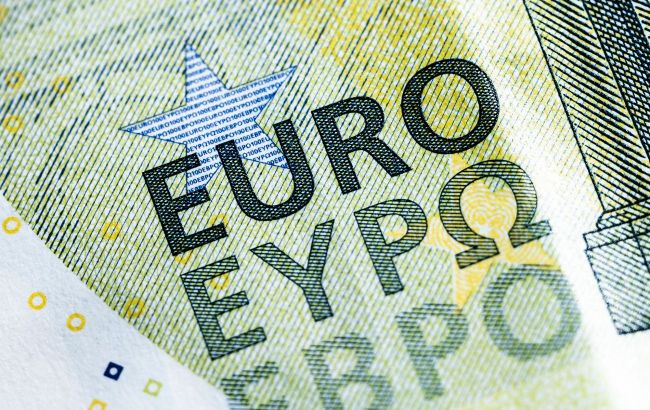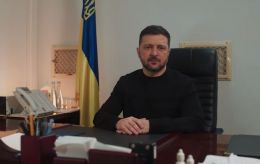Germany backs EU plan to use frozen Russian assets for Ukraine – Reuters
 Photo: EU and Germany agree on Russian money for Ukraine (Getty Images)
Photo: EU and Germany agree on Russian money for Ukraine (Getty Images)
Berlin has agreed for the first time to discuss a plan that would give Ukraine access to €200 billion, Reuters reports.
The German government is open to the European Union's initiative to use frozen Russian assets for the benefit of Ukraine.
The European Union proposes to transfer up to €200 billion (approximately $235 billion) to Ukraine, which is currently held in a Belgian depository. In return, these funds are to be replaced by bonds guaranteed by the EU.
This move is intended to provide a source of funding to support Kyiv amid uncertainty from the United States, which has been reluctant to make new commitments since Donald Trump came to power. The issue is expected to be a key topic at next week's informal EU summit in Copenhagen.
What EU has done before
Until now, the European Union has only used interest accrued on frozen Russian assets. These funds were blocked after Moscow's full-scale invasion of Ukraine in February 2022.
Berlin's change of position
Germany is the EU's largest economy and Ukraine's second-largest military partner. Berlin had previously expressed concerns about the legal risks of seizing Russian assets in full.
However, last week, Finance Minister Lars Klingbeil said the government was reviewing its position on this complex issue.
Frozen Russian assets
Nearly €200 billion in Russian assets were frozen after Moscow's full-scale invasion of Ukraine in February 2022. Most of the assets are held by the Brussels-based financial institution Euroclear.
Earlier, the media reported that the European Commission was developing a mechanism that would allow the transfer of these €200 billion.
French President Emmanuel Macron stressed that the European Union could not confiscate Russia's frozen assets due to the lack of a legal basis.
Later, Politico wrote that the European Commission had come up with a new creative scheme to channel billions of euros of frozen Russian assets to Ukraine. Brussels proposes to exchange cash for EU bonds, thereby avoiding direct confiscation of Moscow's funds.

